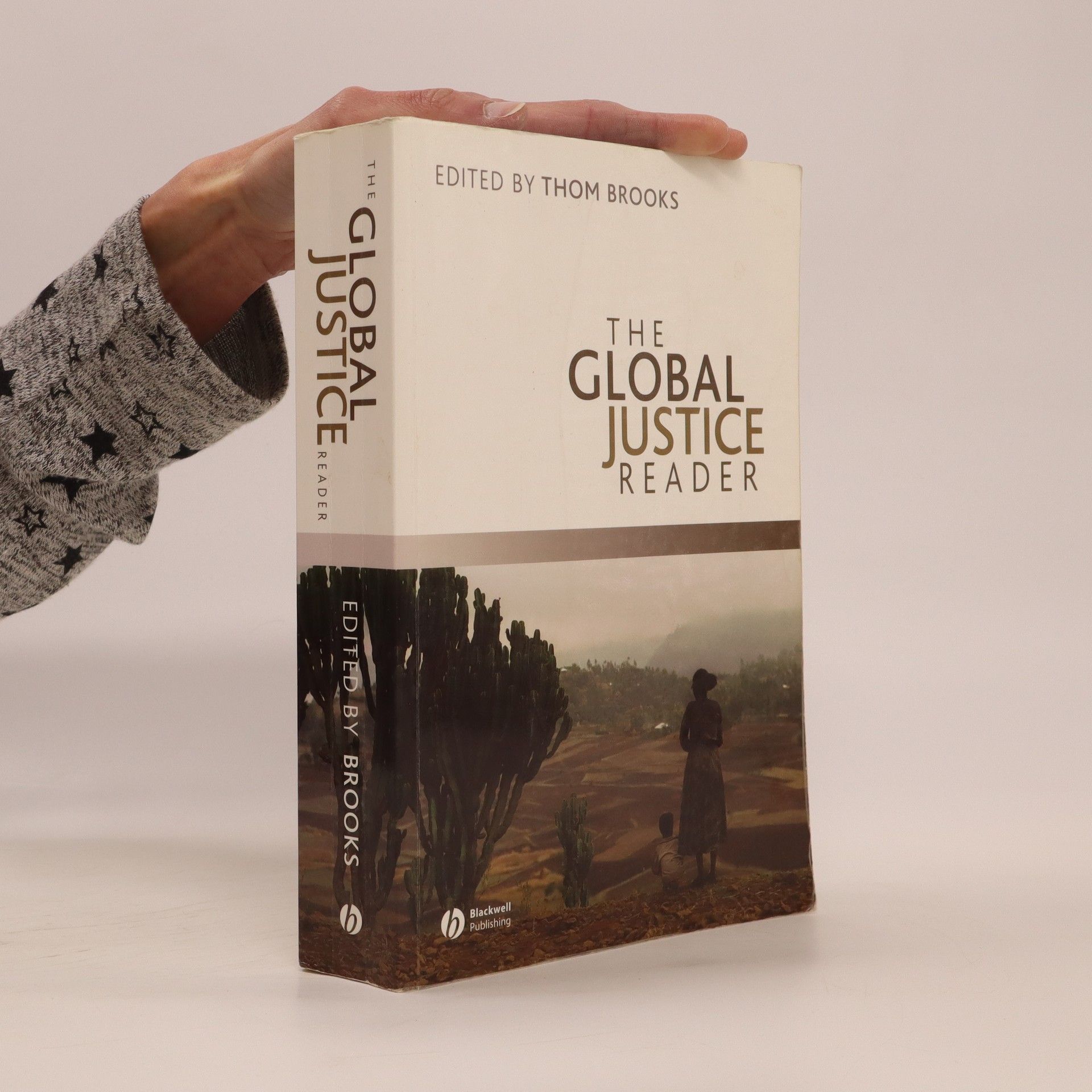Global Justice
- 224 pages
- 8 hours of reading
A fascinating and engaging discussion of the central issues in the contemporary study of global justice In Global An Introduction , distinguished legal and political philosopher Thom Brooks delivers an authoritative and accessible introduction to foundational concepts in the study of justice that are common to societies around the globe. The author covers fundamental and contemporary concepts, exploring and explaining critical issues, including sovereignty, severe poverty, environmental justice, and human rights. Each chapter explores a unique subject and includes illuminating examples from current affairs around the world, as well as a selection of further reading material that will add depth to reader understanding. Designed to be used as the companion text to The Global Justice Reader, Revised Edition , this book also stands alone as a resource offering expert introductory treatments of the key issues animating contemporary discussion in the field of global justice. Readers will also Perfect for students of philosophy, politics, political science, and law, Global An Introduction will be of particular interest to academics and general readers seeking coverage of subjects in international law, jurisprudence, and political and moral philosophy.

